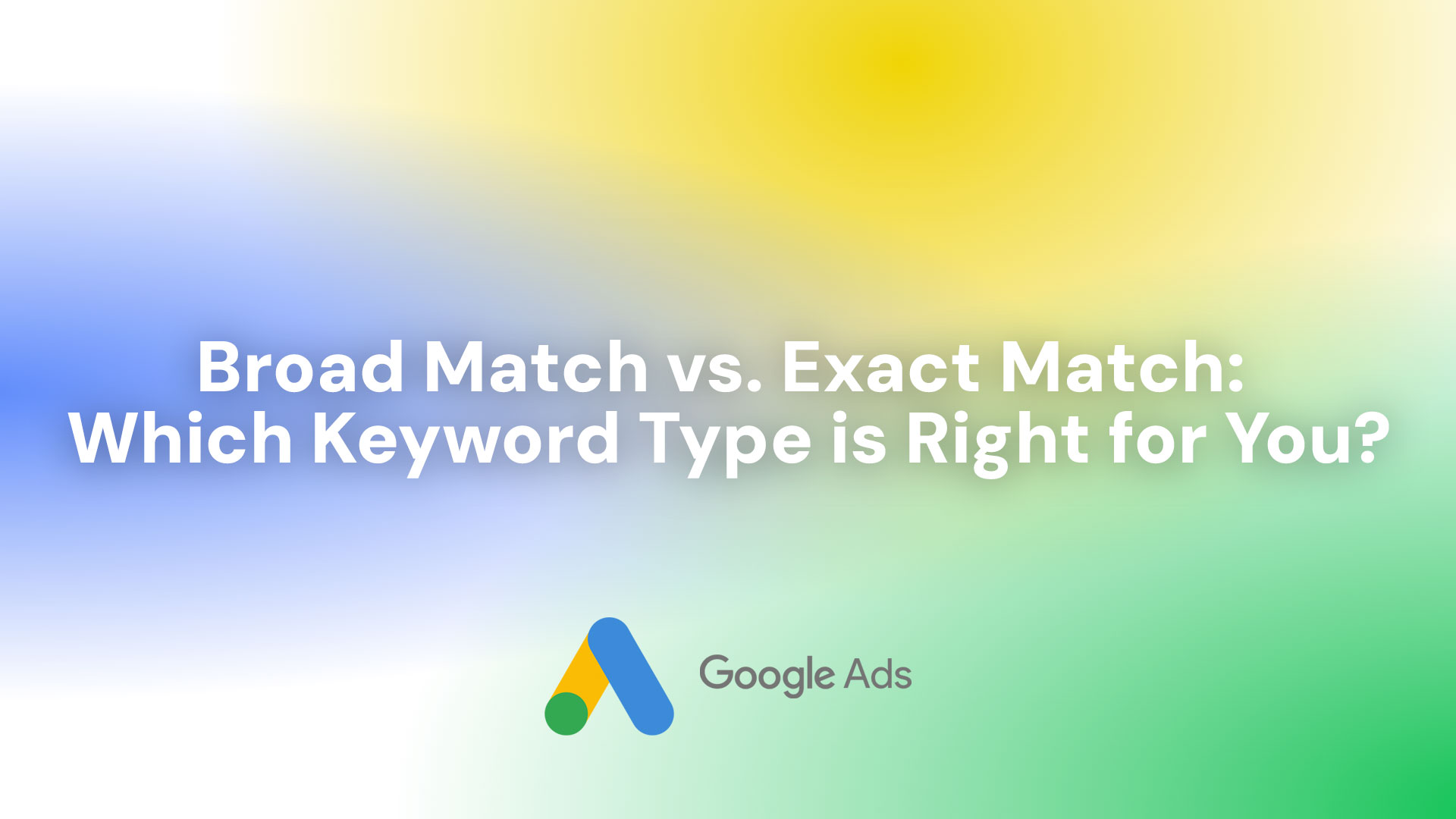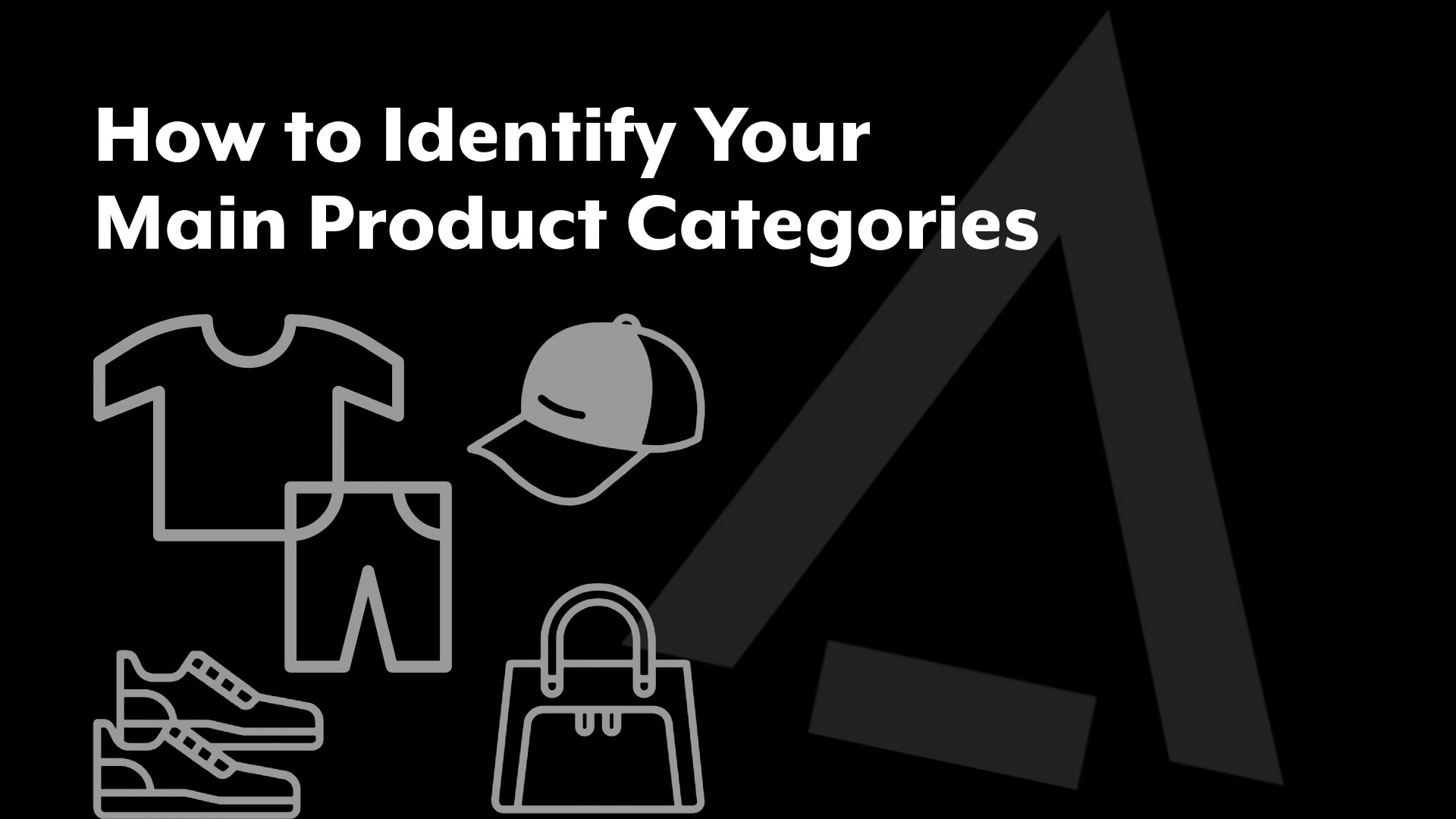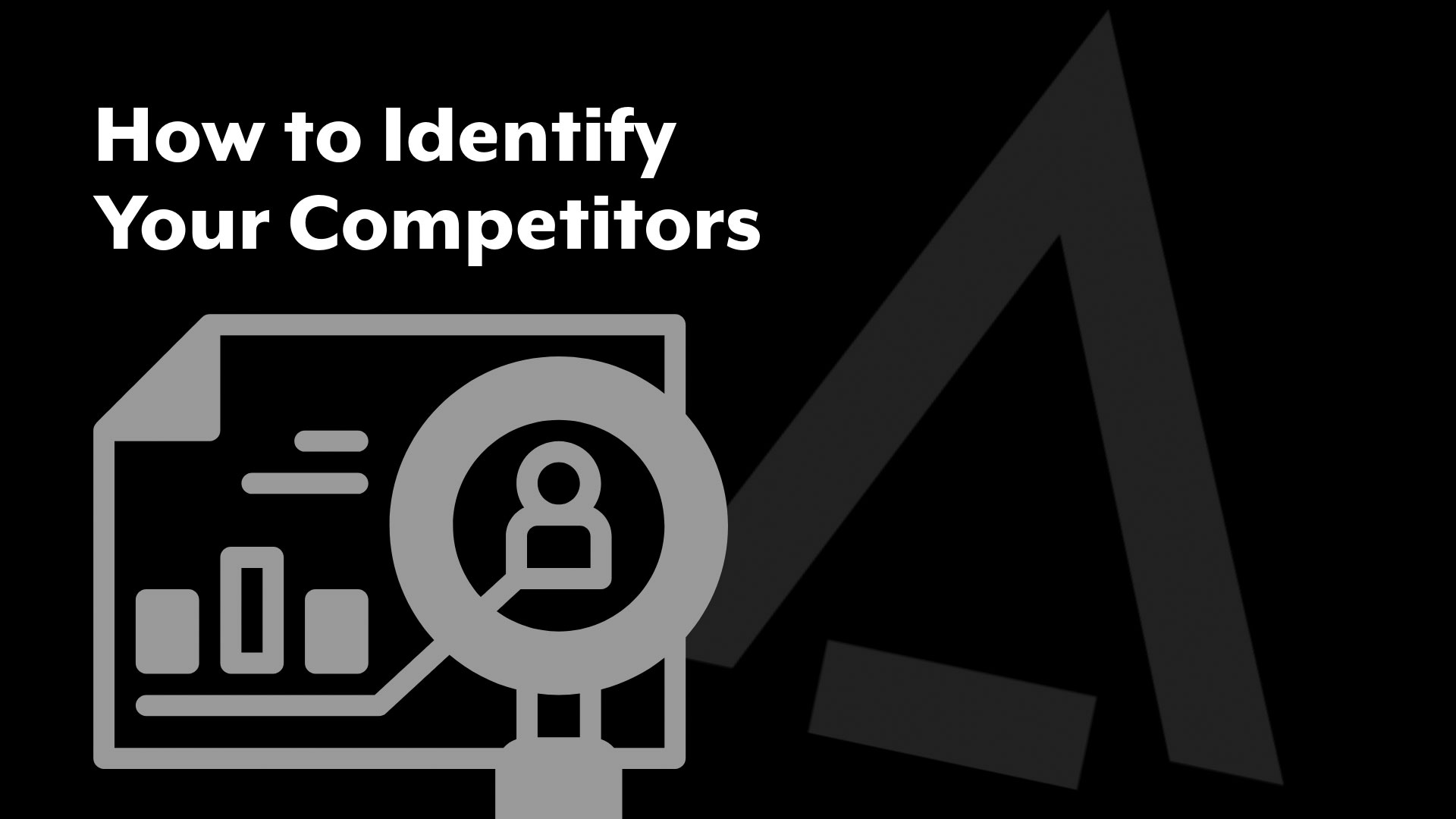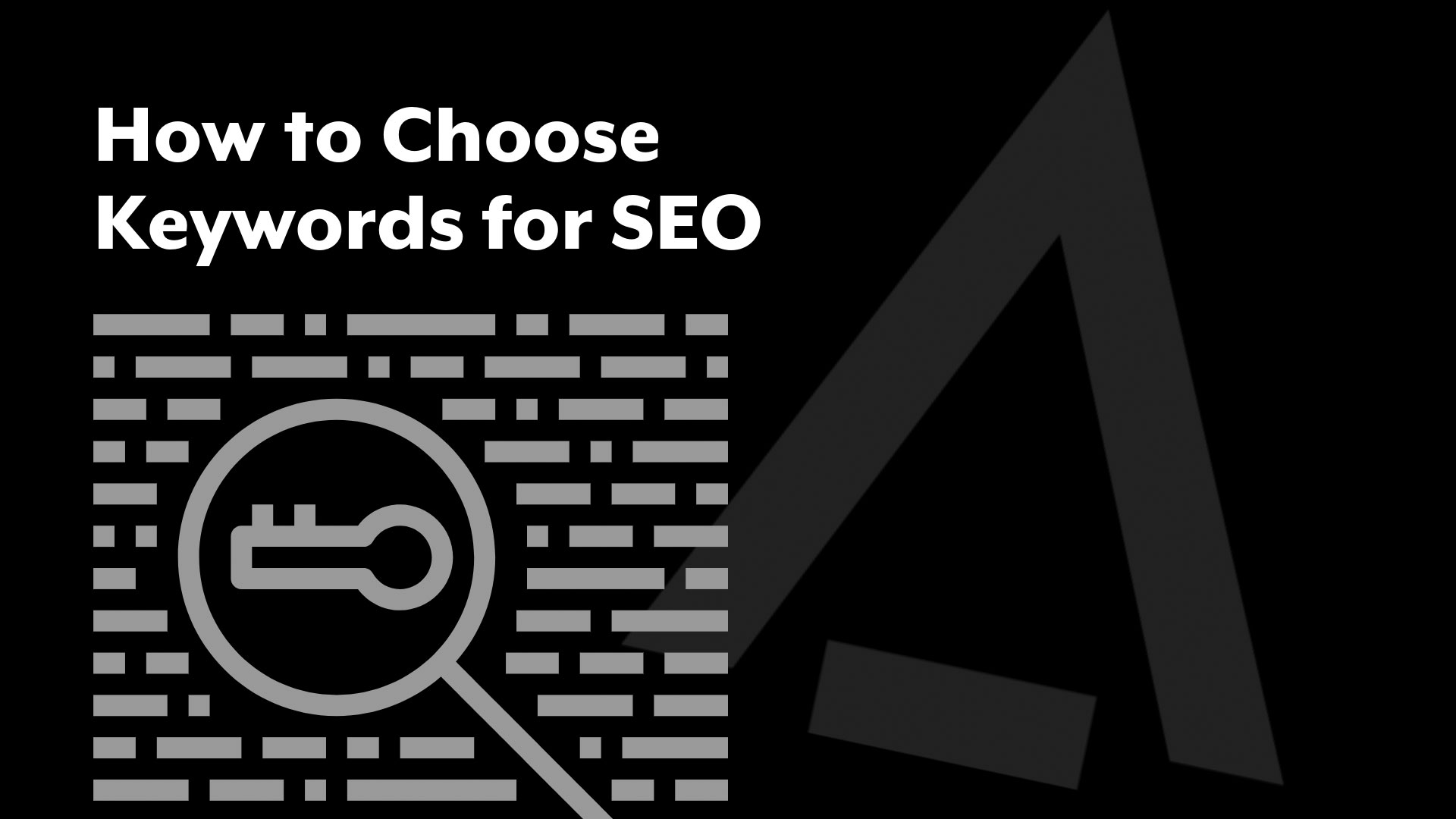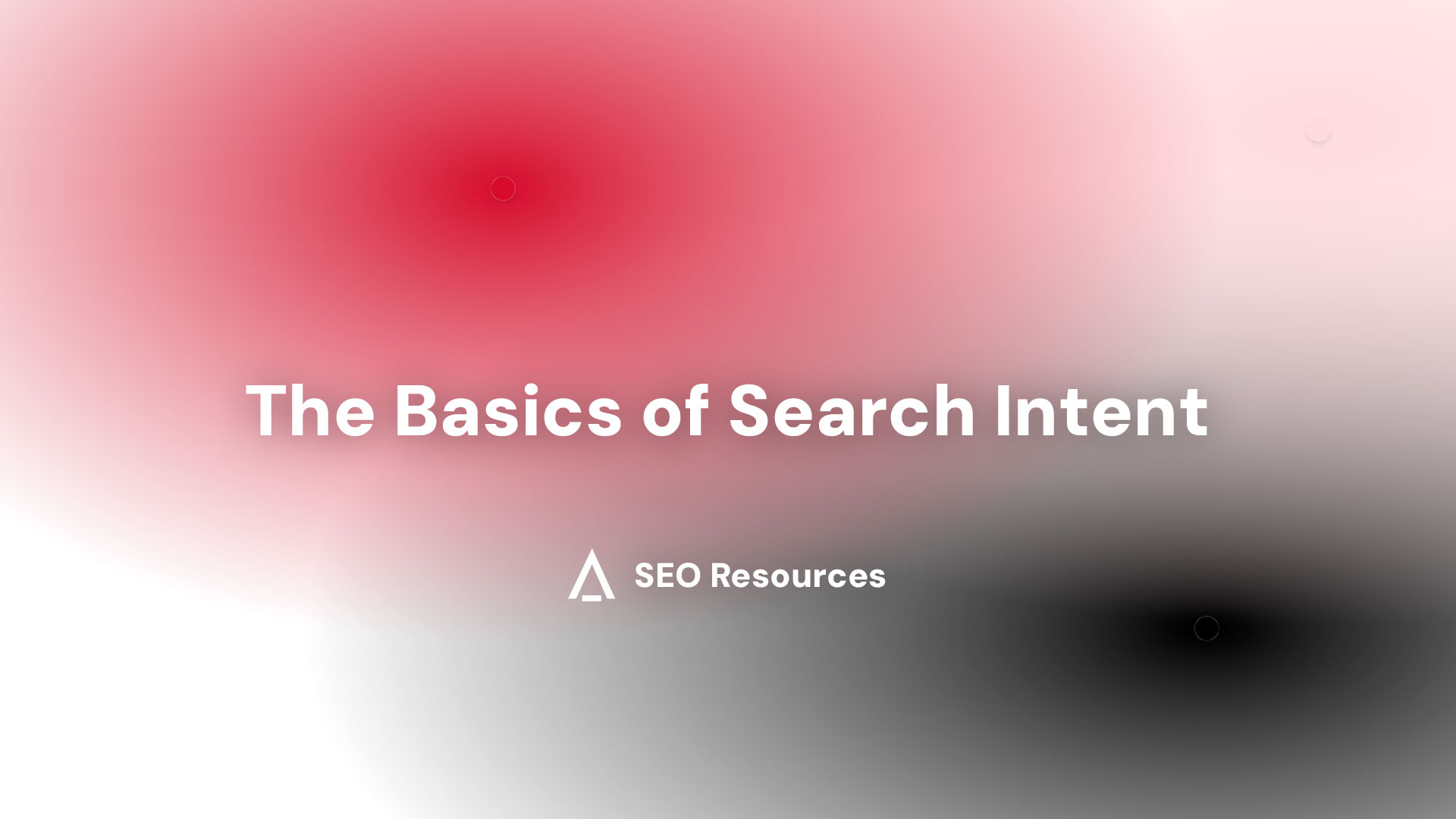Broad Match vs. Exact Match: Which Keyword Type is Right for You?
- Topics: Ad Optimization, Keyword Match Types, Keyword Strategy
- Resources: Digital Marketing Resources, Google Ads Resources, PPC Resources
When it comes to running successful Google Ads campaigns, choosing the right keyword match type can make all the difference. At ARMOUR Digital Marketing Agency, we understand that the nuances of keyword selection can significantly impact your ad performance and return on investment (ROI). In this guide, we will delve into the differences between Broad Match vs. Exact Match keywords, helping you make informed decisions to optimize your campaigns.
What is Broad Match?
Broad Match is the default setting for Google Ads keywords. It allows your ads to appear for searches that include misspellings, synonyms, related searches, and other relevant variations of your keyword. This type of match type offers the widest reach and is ideal for capturing a broad audience.
Advantages of Broad Match
- Increased Reach: Broad Match keywords can attract a larger audience by appearing in a variety of related searches.
- Cost-Effective: It often costs less per click compared to more specific match types, making it suitable for budget-conscious campaigns.
- Discovering New Keywords: Broad Match can help identify new keyword opportunities that you may not have initially considered.
Disadvantages of Broad Match
- Irrelevant Traffic: The broad nature can sometimes lead to clicks from users who are not part of your target audience.
- Lower Conversion Rates: Because the traffic is less targeted, the conversion rates might be lower compared to more specific match types.
- Higher Spend: If not monitored closely, broad match keywords can lead to higher ad spend due to irrelevant clicks.
What is Exact Match?
Exact Match keywords are highly specific and only trigger your ads when a user’s search query exactly matches your keyword or close variants with the same meaning. This type of match type offers the most precise targeting.
Advantages of Exact Match
- Highly Targeted Traffic: Exact Match ensures that your ads appear only for searches that closely align with your keywords.
- Higher Conversion Rates: The specificity of Exact Match often results in higher conversion rates as the traffic is more relevant.
- Better ROI: With higher conversion rates and more targeted traffic, Exact Match can provide a better ROI.
Disadvantages of Exact Match
- Limited Reach: Due to its specificity, Exact Match keywords may have a smaller audience reach.
- Higher Cost per Click: The precise targeting often comes at a higher cost per click.
- Missed Opportunities: You may miss out on potential customers using variations or related searches not covered by your exact match keywords.
Broad Match vs. Exact Match: Key Differences
Reach and Relevance
- Broad Match: Offers wider reach but may include irrelevant traffic.
- Exact Match: Provides targeted traffic with higher relevance but limited reach.
Cost and Conversion
- Broad Match: Generally lower cost per click but may result in lower conversion rates.
- Exact Match: Higher cost per click but usually results in better conversion rates.
Use Cases
- Broad Match: Best for awareness campaigns and discovering new keyword opportunities.
- Exact Match: Ideal for targeting specific audience segments and improving conversion rates.
ARMOUR’s Recommendation
At ARMOUR Digital Marketing Agency, we recommend a balanced approach. Utilizing a mix of Broad Match and Exact Match keywords can help you maximize both reach and relevance. Start with Broad Match to identify potential keywords and then refine your strategy with Exact Match to target high-converting queries.
Implementing a Mixed Strategy
- Initial Broad Match Campaigns: Launch with Broad Match to gather data and identify high-performing keywords.
- Refine with Exact Match: Analyze the performance data and transition high-converting keywords to Exact Match.
- Continuous Monitoring: Regularly review and adjust your keyword strategy based on performance metrics to ensure optimal results.
For a detailed step-by-step guide on implementing this strategy, refer to HubSpot’s guide.
Conclusion
Choosing between Broad Match vs. Exact Match keywords is crucial for the success of your Google Ads campaigns. By understanding their key differences and leveraging a mixed strategy, you can optimize your ad performance and achieve better ROI. At ARMOUR, we are dedicated to helping you navigate the complexities of Google Ads and drive your business forward. Contact us today to learn more about how we can assist with your digital marketing needs.

